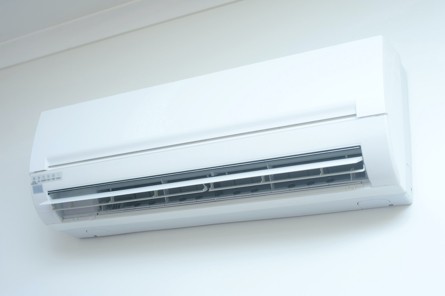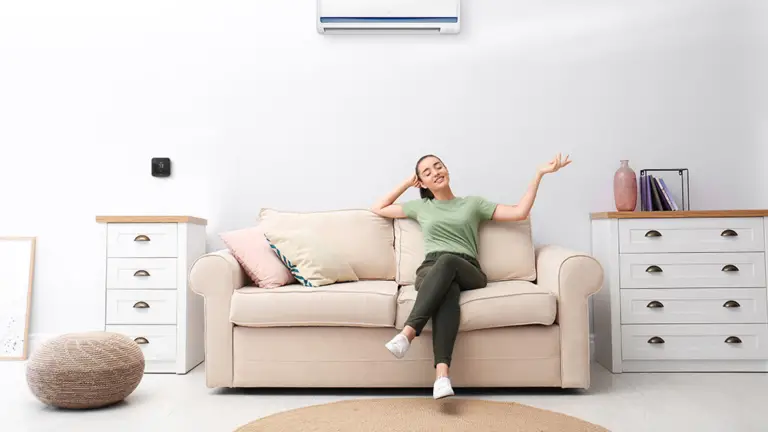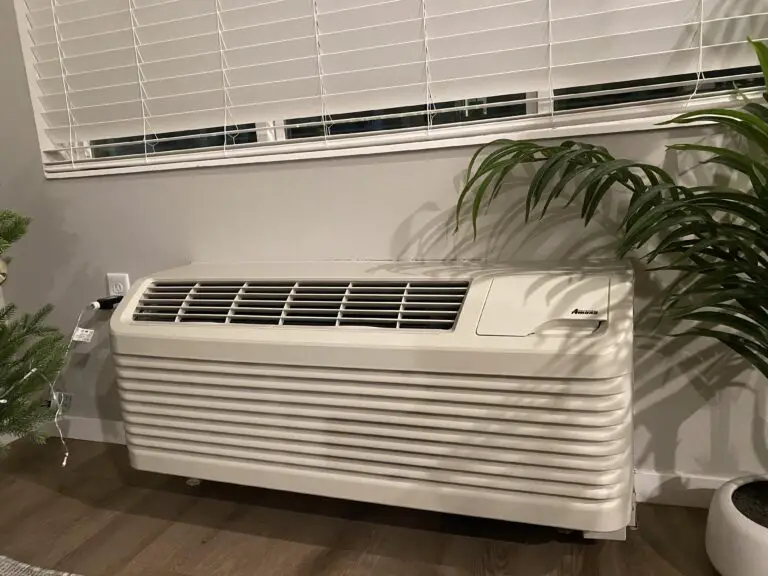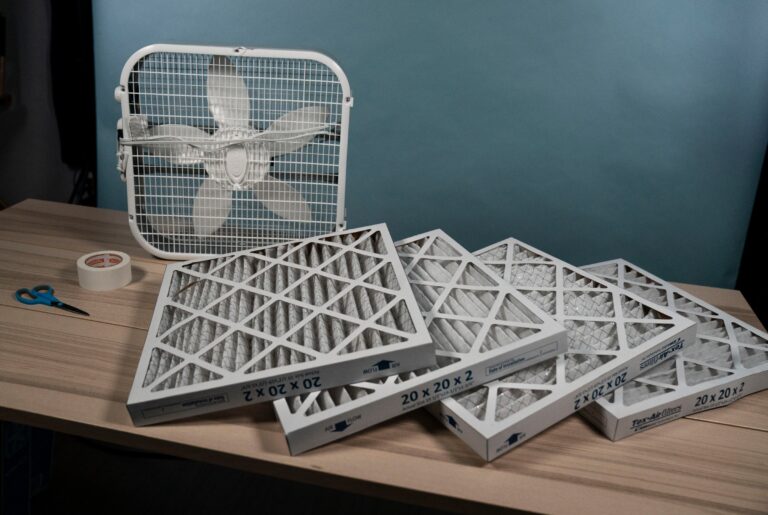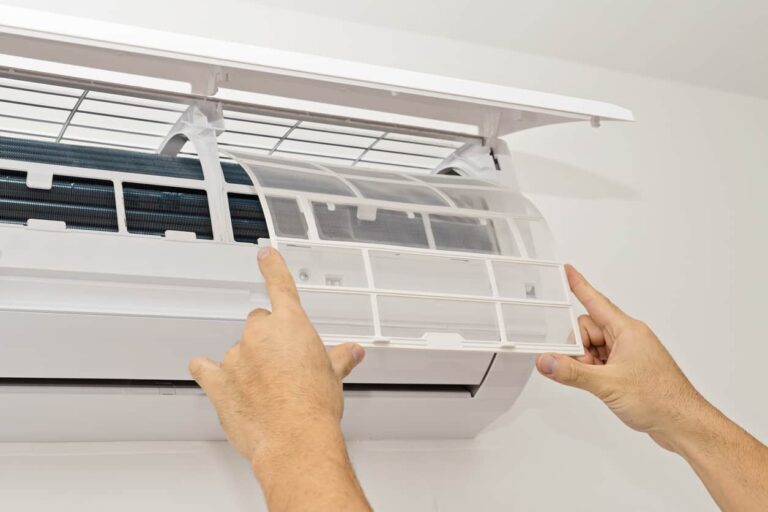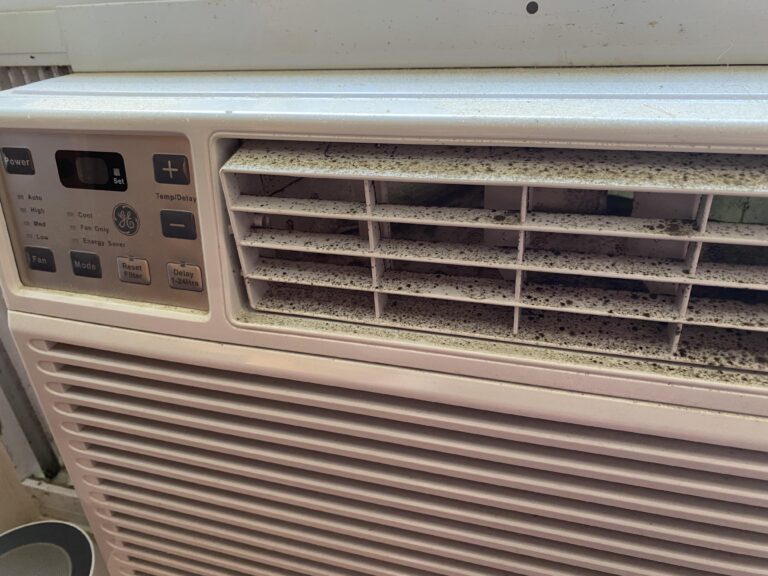How Long Should My AC Stay Off Between Cycles? Expert Tips
Your AC should stay off for about 10 to 15 minutes between cycles. This prevents excessive wear and maintains efficiency.
Maintaining an efficient air conditioning system is crucial for comfort and energy savings. Allowing your AC to rest between cycles helps prevent overheating and reduces energy consumption. It also minimizes wear and tear, extending the lifespan of your unit. Regularly monitoring and adjusting your AC’s cycling pattern can lead to more consistent indoor temperatures and lower utility bills.
Proper timing between cycles ensures your system operates at peak performance, providing optimal cooling without unnecessary strain. Understanding the importance of these intervals can make a significant difference in the overall efficiency and longevity of your air conditioning system.
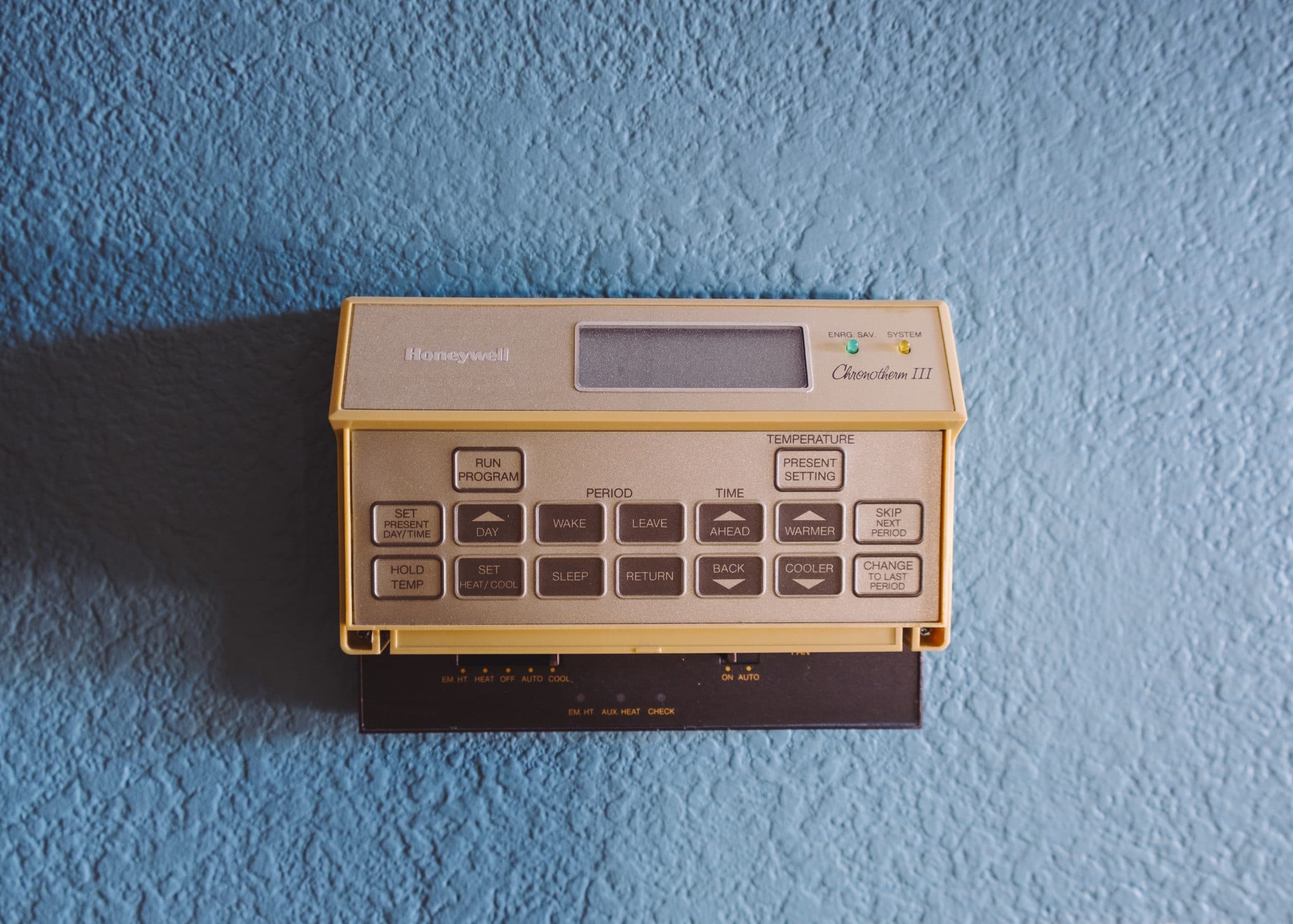
Credit: andersonair.com
Ac Cycling Basics
Understanding how long your AC should stay off between cycles is crucial. It ensures the AC unit runs efficiently and maintains indoor comfort. This section will cover the basics of AC cycling and its importance.
What Is Ac Cycling?
AC cycling refers to the periods your AC turns on and off. These cycles help maintain the desired indoor temperature. A typical AC cycle lasts about 15-20 minutes. The off period can vary based on several factors. These factors include outdoor temperature, indoor settings, and AC unit efficiency.
Importance Of Proper Cycling
Proper cycling is vital for energy efficiency and AC longevity. If the AC cycles too frequently, it can lead to increased energy bills. Also, it can cause wear and tear on the unit. On the other hand, if the cycles are too long, it may not cool the room effectively.
Here are some key points on why proper cycling is important:
- Energy efficiency: Proper cycling helps save on energy costs.
- Unit longevity: Reduces wear and tear, extending the AC’s lifespan.
- Comfort: Maintains a consistent indoor temperature.
- Air quality: Helps in effective air filtration and humidity control.
Understanding these basics helps in maintaining an efficient and long-lasting AC system.
Ideal Off Time
Knowing the ideal off time for your AC is crucial. It helps in maintaining efficiency and comfort. The right off time can lower energy bills and extend your AC’s life.
Recommended Duration
The recommended off time for an AC unit is usually around 10 to 15 minutes. This duration allows the system to reset and prepare for the next cycle. It also helps in maintaining the temperature within a comfortable range.
Factors Influencing Off Time
Several factors can influence the off time of your AC. Understanding these can help in setting the ideal duration. Below are some key factors:
- Temperature Settings: Higher settings may require longer off times.
- Humidity Levels: High humidity can shorten the off time.
- Insulation: Poor insulation may lead to shorter off cycles.
- AC Unit Size: Larger units may have longer off times.
| Factor | Impact on Off Time |
|---|---|
| Temperature Settings | Higher settings require longer off times |
| Humidity Levels | High humidity shortens off time |
| Insulation | Poor insulation leads to shorter off cycles |
| AC Unit Size | Larger units have longer off times |
Temperature Settings
Understanding the right temperature settings for your AC can save energy. It also ensures your home stays comfortable. Let’s dive into the ideal thermostat settings and how they impact your AC’s cycling.
Optimal Thermostat Settings
Setting your thermostat to the right temperature is key. For summer, aim for 78°F when you’re home. When you’re away, set it to 85°F.
- 78°F when at home
- 85°F when away
In winter, set it to 68°F when home. Lower it to 60°F when away.
- 68°F when at home
- 60°F when away
Impact On Cycling
The thermostat settings affect how often your AC cycles. Higher settings mean longer periods off between cycles. This reduces wear and tear on the AC unit.
Maintaining optimal settings helps in energy efficiency. It also extends the life of your AC unit.
| Temperature Setting | Impact on Cycling |
|---|---|
| 78°F (summer) | Longer periods off |
| 85°F (summer away) | Even longer periods off |
| 68°F (winter) | Moderate periods off |
| 60°F (winter away) | Longest periods off |
Using a programmable thermostat can help. It adjusts the temperature based on your routine. This ensures your AC runs efficiently.
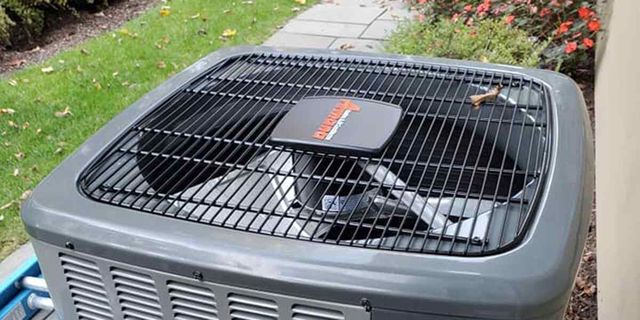
Credit: www.comfortspecialistsservices.com
Energy Efficiency
Understanding how long your AC should stay off between cycles can greatly impact energy efficiency. Efficient use of your AC can save energy and lower your bills. Proper cycling also ensures a comfortable home environment.
Reducing Energy Costs
Your air conditioner should have proper off times to save energy. Short cycles can increase energy use. Ideally, your AC should stay off for at least 10 minutes between cycles. Longer off times can further reduce energy costs.
A programmable thermostat can help manage these cycles effectively. Setting appropriate temperature ranges can lead to significant savings. For example:
| Setting | Benefit |
|---|---|
| 78°F in Summer | Energy savings |
| 68°F in Winter | Comfort and efficiency |
Maintaining Comfort
Balancing energy efficiency and home comfort is crucial. Your AC should not cycle off for too long. Long off times can make the home too warm or cold.
Here are some tips to maintain comfort:
- Use ceiling fans to distribute cool air.
- Close blinds to block direct sunlight.
- Seal windows and doors to prevent drafts.
Following these tips can help maintain a comfortable home. It also ensures your AC works efficiently.
Signs Of Short Cycling
Short cycling is when your air conditioner turns on and off frequently. This can be harmful to your system. It is important to recognize the signs of short cycling. This helps you maintain the efficiency of your AC unit.
Identifying Issues
Pay attention to how often your AC turns on and off. If it cycles every few minutes, there might be a problem. Listen for unusual noises, like clicking or buzzing. Check your energy bills. A sudden increase can indicate short cycling.
Here are some signs to watch for:
- AC turns on and off frequently
- Unusual noises from the unit
- Higher energy bills
- Inconsistent room temperature
Common Causes
Several factors can cause short cycling. Understanding these can help you prevent it.
| Cause | Description |
|---|---|
| Thermostat Issues | A faulty thermostat can cause incorrect readings. |
| Dirty Air Filters | Clogged filters restrict airflow, causing the unit to overheat. |
| Refrigerant Leaks | Low refrigerant levels can cause the system to short cycle. |
| Oversized AC Unit | A unit that’s too large cools the space quickly but inefficiently. |
Regular maintenance can help you avoid these issues. Always clean your filters. Check your thermostat settings. Make sure your unit is the right size for your space.
Preventing Short Cycling
Short cycling in your AC unit can cause it to wear out faster. This happens when your AC turns on and off frequently. It can also lead to higher energy bills. Preventing short cycling can save you money and extend the life of your AC.
Regular Maintenance
Regular maintenance is key to preventing short cycling. This includes changing the air filters every 1-2 months. Clean filters improve airflow and reduce stress on the unit.
Check the thermostat settings to ensure they are correct. Incorrect settings can cause the AC to cycle more often. Ensure the outdoor unit is free from debris. This helps the unit run smoothly.
Inspect the refrigerant levels. Low refrigerant can cause the unit to short cycle. Also, clean the evaporator and condenser coils. Dirty coils can lead to overheating and short cycling.
Here’s a checklist for regular maintenance:
- Change air filters
- Check thermostat settings
- Clear debris from the outdoor unit
- Inspect refrigerant levels
- Clean evaporator and condenser coils
Professional Inspections
Schedule professional inspections twice a year. A technician can spot issues you might miss. They can check for electrical problems that cause short cycling.
Technicians also inspect the ductwork. Leaky ducts can make the AC work harder and cycle more often. They can test the system for leaks and seal any holes.
Ensure the technician checks the compressor. A faulty compressor can cause short cycling. Regular inspections can help catch these problems early.
During a professional inspection, expect the following:
- Electrical system check
- Ductwork inspection
- System leak test
- Compressor evaluation
Regular maintenance and professional inspections can prevent short cycling. This helps your AC run efficiently and last longer.
Seasonal Considerations
Understanding the optimal off time for your AC is vital. Seasonal changes impact how your AC performs. Learn how to adjust off time based on the season.
Summer Vs. Winter
In summer, your AC works harder to cool your home. The off time between cycles should be shorter. This ensures your home remains cool and comfortable.
During winter, the AC doesn’t need to work as hard. The off time between cycles can be longer. This helps in conserving energy and maintaining efficiency.
Adjusting Off Time
To adjust the off time, consider using a programmable thermostat. This tool helps in setting the right off times for different seasons.
- Summer: Set shorter off times to maintain cool temperatures.
- Winter: Set longer off times to save energy.
Here’s a simple table to guide you:
| Season | Recommended Off Time |
|---|---|
| Summer | 5-10 minutes |
| Winter | 15-20 minutes |
By adjusting the off time, you ensure your AC runs efficiently. This not only saves energy but also extends the life of your unit.
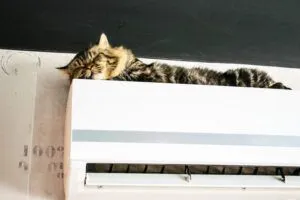
Credit: www.ambientedge.com
Troubleshooting Tips
Wondering how long your AC should stay off between cycles? Understanding this can help you maintain an efficient cooling system. Here, we provide some troubleshooting tips to ensure your AC functions properly and avoids unnecessary wear and tear.
Diy Fixes
Before calling a professional, try these simple fixes:
- Check the thermostat: Ensure it’s set to the desired temperature.
- Replace the air filter: A dirty filter can cause short cycling.
- Inspect the vents: Make sure they are not blocked by furniture or debris.
- Clean the condenser coils: Dirty coils can reduce efficiency.
If your AC still cycles too quickly, you may need professional help.
When To Call A Professional
If DIY fixes don’t work, a professional might be needed. Here are situations where calling an expert is crucial:
- Refrigerant leaks: Only professionals can handle refrigerants safely.
- Electrical issues: Faulty wiring can be dangerous and needs expert attention.
- Thermostat problems: Sometimes, the thermostat may need calibration or replacement.
- Compressor issues: A failing compressor needs a professional diagnosis.
Ensuring your AC stays off between cycles properly can save you energy and money.
Frequently Asked Questions
How Often Should The Ac Cycle Be On And Off?
The AC should cycle on and off about 2-3 times per hour. Each cycle should last 15-20 minutes. Regular cycling ensures efficiency and comfort.
How Long Should There Be Between Ac Cycles?
There should be at least 10-15 minutes between AC cycles. This prevents the system from overworking and ensures efficiency.
How Long Should An Ac Compressor Run Before Shutting Off?
An AC compressor typically runs for 15-20 minutes per cycle. This duration can vary depending on the temperature settings and room size. Regular maintenance ensures optimal performance.
Conclusion
Finding the right off-time for your AC between cycles is crucial. It ensures efficiency and longevity. Regular maintenance and monitoring can help. Always consult your HVAC professional for personalized advice. Proper cycling can save you money and enhance comfort. Keep your home cool and your energy bills low!

